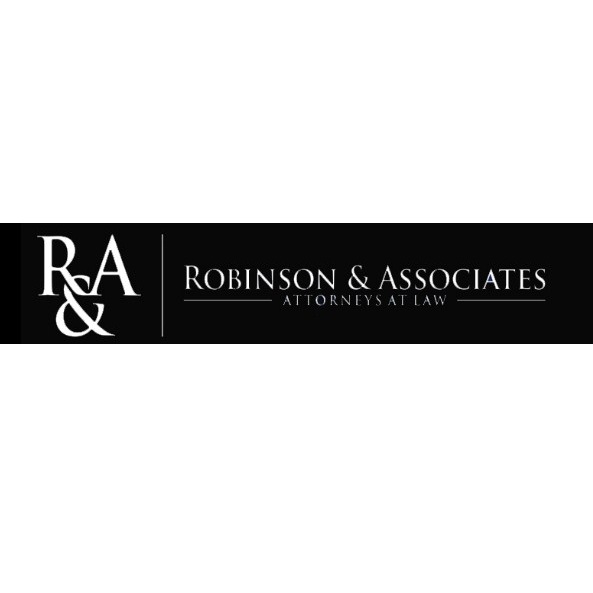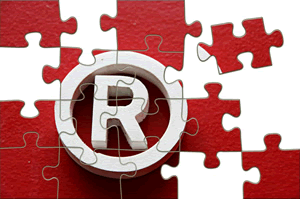Absolute Liability
What does Absolute Liability mean?
Absolute liability or strict liability is defined as the legal responsibility for damages even if a person or entity's actions were not considered negligent. The concept of absolute liability is most often used with defectively manufactured products. It may also be applied to inherently dangerous activities, such as activities performed by demolition companies, medical malpractice cases and other types of personal injury accidents.
To prove absolute liability a plaintiff must only prove they were caused harm by the actions of the defendant and the defendant was responsible. Absolute liability can also be proven even if the defendant acted in good faith using all necessary precautions. The legal responsibility of absolute liability was created because there are some activities which are considered so dangerous that even reasonable people cannot make them safe, but they are still necessary.
Absolute liability differs from negligence. In a negligence suit a claimant must prove the defendant had a duty of care, they breached their duty of care through their negligent actions, this breach was the proximate cause of the injury or harm and the claimant suffered loss.
All malpractice claims must be filed within a specified time period called the statute of limitations. If you have been injured in an absolute liability case it is time to talk to a personal injury lawyer.
Lawyers near
Term of the Day
Statement of Use
A Statement of Use is the form submitted by an applicant for the registration of a trademark after receiving a Notice of Allowance from the United States Patent and Trademark OfficeCategory: Trademarks





